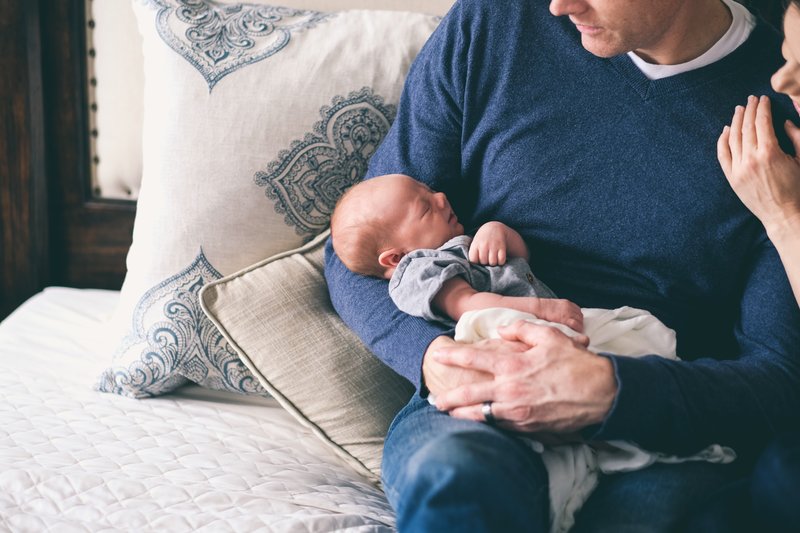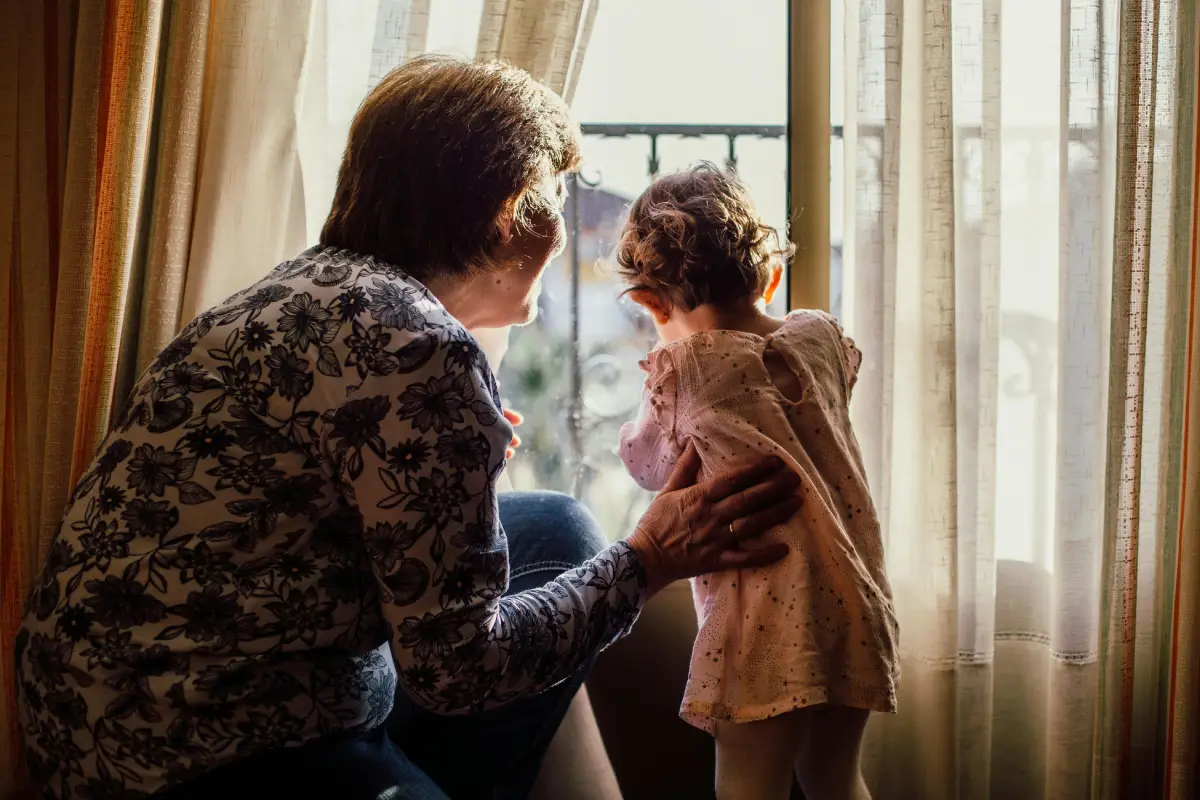
Here at Shepherds Friendly Society, we carried out some research and found that 94% of parents said saving money for their child is important to them.
Saving for university fees and helping their children get onto the property ladder were the two most common reasons to save, while following closely behind was building up a lump sum towards a car.
But with so many different choices available, where are the best places to save for a baby? Our guide looks at a range of options.
Junior ISA
Junior ISAs allow you to save for your child in a tax-efficient way. You can save up to £9,000 each tax year into a Junior ISA (tax year 2023/24). Your child can take charge of the account at age 16, but they cannot access the money until it becomes an adult ISA when they are 18.
Like standard ISAs, Junior ISAs can be held in cash or stocks and shares, or you can divide the allowance between both. You don’t pay any personal income or capital gains tax on any growth.
• Junior cash ISA – these work the same as traditional cash ISAs. You will earn any interest without tax being deducted.
• Junior stocks and shares ISA – invest your child’s money in funds, shares, gilts, bonds and investment trusts. The value of your child’s savings can go down as well as up.
Many Junior ISAs allow you to pay in regular amounts as well as lump sums. For example, our Junior ISA lets you save a monthly amount starting at £10 and to add one-off payments from as little as £100.
An NS&I Children’s Bond
National Savings and Investments Children’s Bonds allow you to save a lump sum over a fixed term for your child.
You can normally invest between £25 and £3,000 per child in each ‘issue’ of the bonds. You receive the interest rate on offer at the time you invest and that rate will be fixed for the 5-year term.
They can change the fixed rate on offer at any time. The interest earned is tax-free, both for the child and the parent or guardian, so it won’t count towards your Personal Savings Allowance.
Withdrawals during the fixed term normally result in a penalty of 90 days’ interest, but at the end of the term you can cash in your bonds with no penalty.
So what savings account is best for a baby?
This depends on you and your attitudes to different methods of saving or investing. Are you happy to take some risk to try to achieve higher returns? Do you value the flexibility of being able to access the money when you want to? Or, would you like your child to receive a tax-free lump sum on their 18th birthday?
To help you decide the best way to save for your child, you should bear in mind these summarised points:
• Saving tax-efficiently could help to build up a larger lump sum.
• Investing could return higher growth, however, when you take out an investment product your capital is at risk and you may get back less than you have put in.
• If you’re saving for the long-term, considered five years or more, then it may be worth thinking about investing, as your child’s money has more growth potential and more time to recover from any periods of poor performance.
• Rates in a children’s savings account may not be fixed, meaning your child could be earning less growth after the initial period has expired.
• Saving into a children’s savings account at your bank could produce lower growth due to current low interest rates, but if it does achieve higher levels of growth then there is a chance that your child could be taxed if it makes more than £100 a year before tax in interest.
• Saving into a Junior ISA will mean that your child will receive a tax-free lump sum on their 18th birthday, but the money will belong to them and you won’t be able to make withdrawals.
We can help with saving for your child
For more information, get in touch with Shepherds Friendly today. Call 0330 311 1606 or email info@shepherdsfriendly.co.uk
Sources:
[1]http://www.which.co.uk/money/savings-and-isas/savings accounts/guides/childrens-savings-accounts/children-and-income-tax


